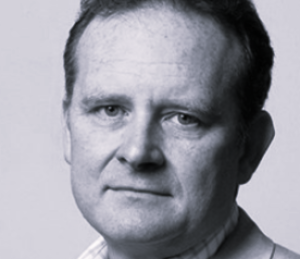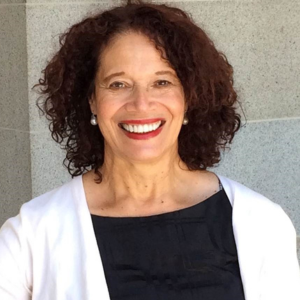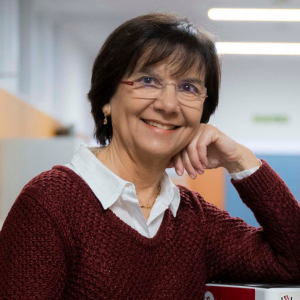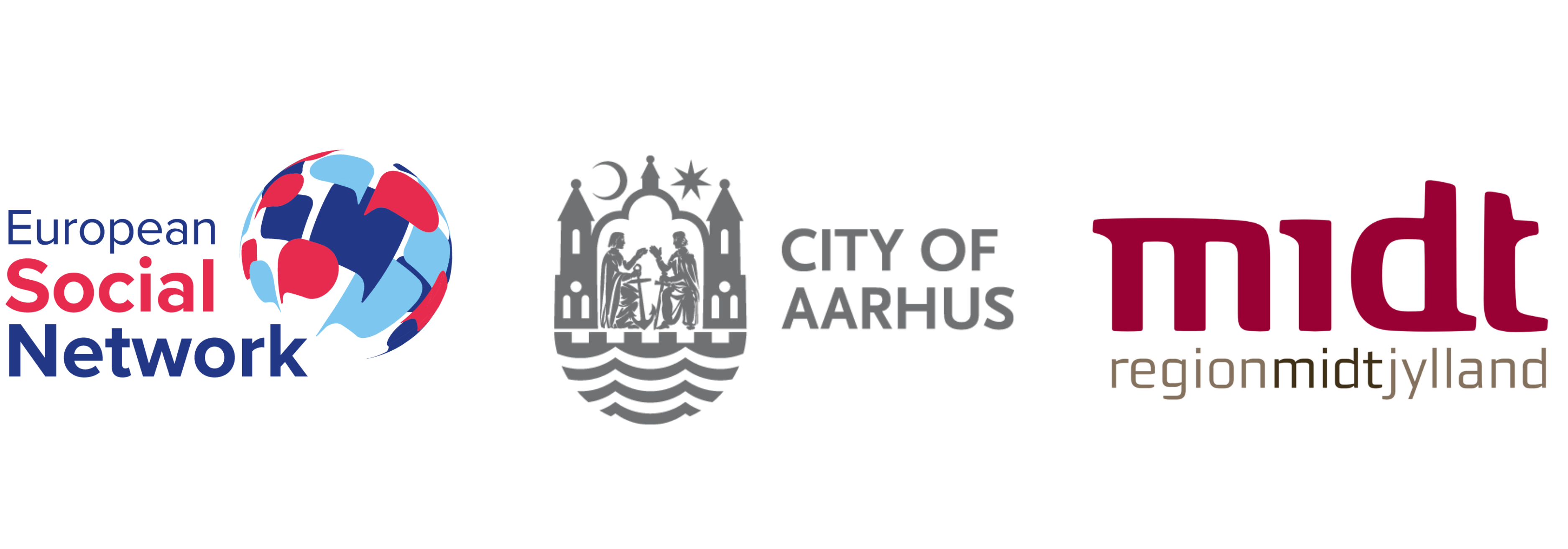PLENARY 2
Co-creation and Digital Inclusion
- 27/06/2024 11:30 - 12:45
Co-creation and digital inclusion are two intertwined concepts that, when combined, can foster innovative solutions to address social challenges while ensuring that all individuals have equitable access to digital technologies and opportunities.
Co-creation can be used to design and implement digital inclusion initiatives that address the specific needs and priorities of underserved communities. Involving the community in the co-creation process ensures that digital inclusion efforts are responsive to the unique challenges and opportunities faced by different populations with whom social services work.
Digital inclusion initiatives can leverage co-creation to engage the community in the design and delivery of digital solutions and programmes, access to technology and services powered by it. Co-creation can also be used to develop innovative digital solutions that promote social inclusion, such as online platforms for community engagement, virtual support networks, and digital skills development programmes.
By combining co-creation and digital inclusion, organisations and communities can foster greater collaboration, empowerment, and equity in addressing the digital divide and advancing social and economic inclusion for all.
At this session, attendees will find out about some of the key inter-sections between digital and inclusion, including the impact of artificial intelligence in the social work profession, the application of social robotics in care and its ethical considerations, and the co-design and implementation of digitalisation in local public services.
Presentation Language: English, Spanish, German
Interpretation Languages: English, German, French, Spanish, Italian, Dutch
Room: Queen Elisabeth Hall
Moderator

Social Care Commentator and Former Public Services Editor of the Guardian, United Kingdom
Panellists

Senior Fellow for Global and Community Strategy, New York University, USA

Research Professor, Robotics Institute, Spanish Scientific Research Council (CSIC) – Technical University of Catalonia (UPC), Barcelona, Spain

Department Head of Smart City Design, Fraunhofer Institute for Experimental Software Engineering IESE, Germany
